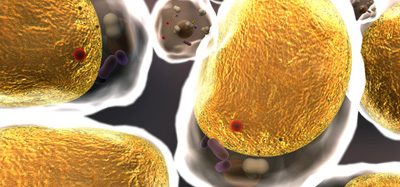Unlocking the secrets of Strep A virulence
Posted: 9 February 2023 | Izzy Wood (Drug Target Review) | No comments yet
Australian researchers have uncovered why some forms of Streptococcus A (Strep A) are associated with severe invasive infection.


Griffith University researchers, Australia, have unlocked one of the secrets as to why some forms of Streptococcus A (Strep A) lead to severe invasive infection.
Invasive Strep A diseases are responsible for more than 163,000 deaths each year, globally. For the past 10 years, Institute for Glycomics Associate Professor Manisha Pandey and Professor Michael Good have been researching the pathways in which Strep A can spread through the body.
“The findings from this study will have far reaching implications as Strep A is responsible for a significant number of invasive and non-invasive infections which cause significant morbidity and mortality globally,” Pandey said.
“The reason for this is that invasive organisms express significantly more of the toxin, streptolysin O (SLO).”
“SLO exerts potent cell and tissue destructive activity and promotes Strep A resistance to clearance by white cells in the body, which is the critical first element of host defence against invasive Strep A infection.”
Good explained: “We found SLO alters interactions with host cell populations and increases Strep A viability at sites in the body such as the blood and spleen, and that its absence results in significantly less virulence.”
“Essentially, the less SLO present, the less severe the case of Strep A.”
SLO is secreted by nearly all Strep A isolates, but those that secrete the most SLO are the most virulent. Thus, underscoring the importance of SLO in Strep A virulence while highlighting the complex nature of Strep A pathogenesis.
The key finding was the presence of SLO in invasive organisms did not impair the ability of the Strep A vaccine candidate, developed by Griffith University’s Institute for Glycomics and which is now in a clinical trial.
The improved insight into host-pathogen interactions will enable a better understanding of host immune evasion mechanisms and inform streptococcal vaccine development programs.
Related topics
Disease Research, Targets, Vaccine
Related conditions
Strep A
Related organisations
Griffith University, Griffith University Institute for Glycomics
Related people
Associate Professor Manisha Pandey, Professor Michael Good








